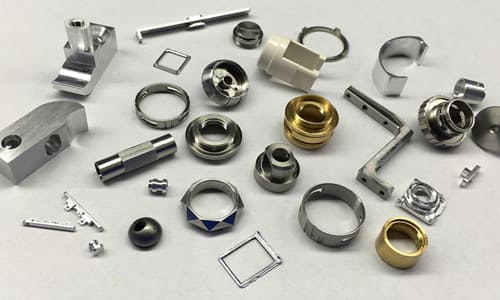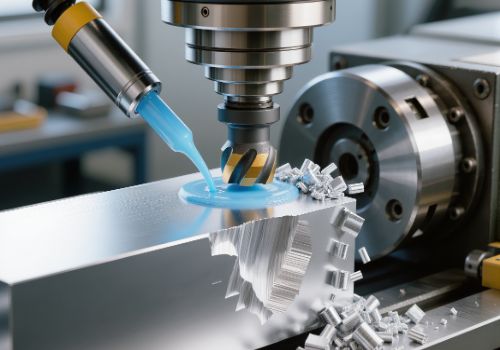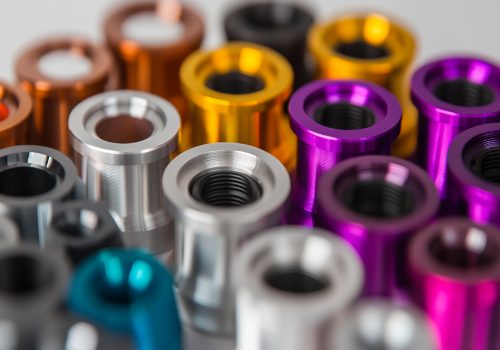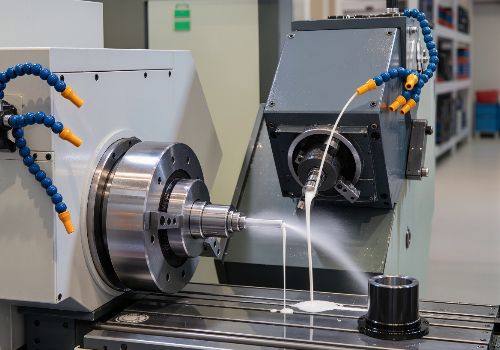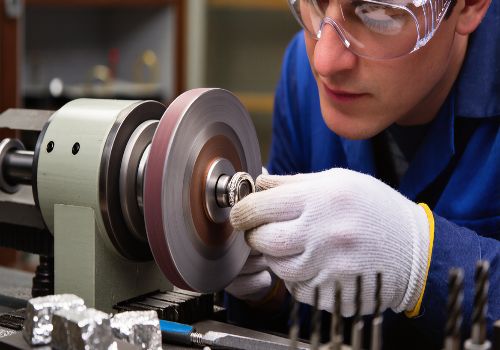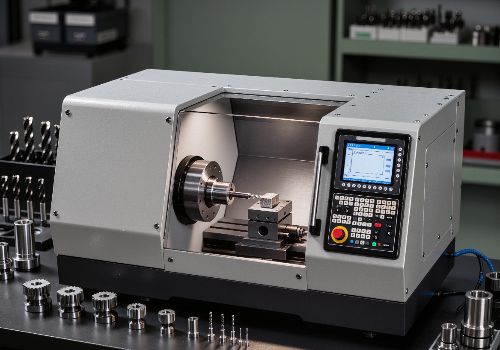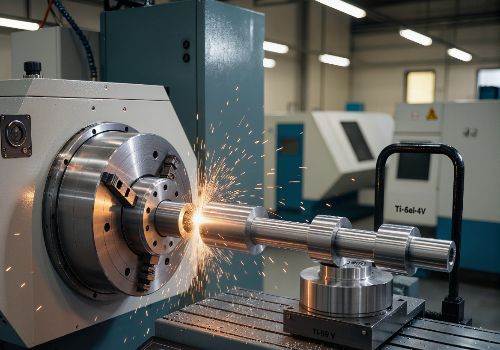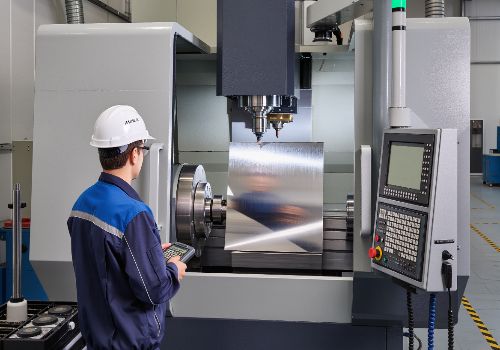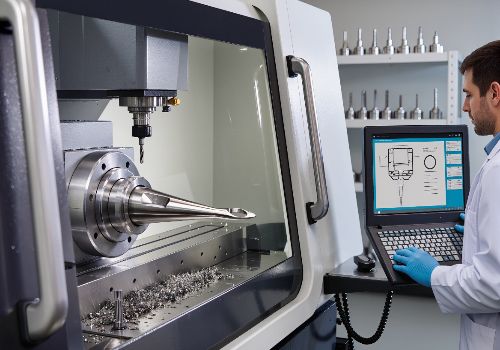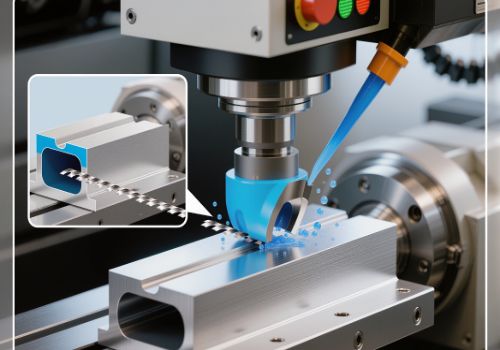CNC machining has revolutionized manufacturing by enabling precise and repeatable production of components from a wide range of materials. However, not all materials are easy to machine. Difficult materials, such as titanium, hardened steels, Inconel, carbon fiber, and certain plastics, present unique challenges in terms of tool wear, heat generation, surface finish, and tolerance control.
In this article, we’ll explore how to handle difficult materials in CNC machining and ensure high-quality, cost-effective results—whether you’re working with metals, composites, or engineering plastics.
1. Understand the Material Properties First
Every material behaves differently during machining. Before starting a project, it’s crucial to understand the mechanical, thermal, and chemical properties of the material.
🔍 Key Considerations:
-
Hardness and strength
-
Thermal conductivity
-
Work hardening tendencies
-
Abrasiveness
-
Melting point
For example, titanium is lightweight and strong but has poor thermal conductivity, which can cause localized overheating. Understanding these characteristics helps in selecting the right tools and cutting parameters.
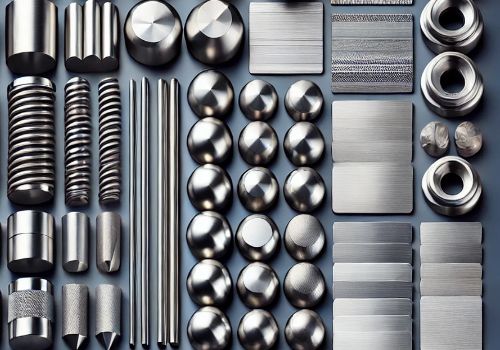
2. Choose the Right Cutting Tools and Coatings
Tool selection is critical when working with tough materials. Standard tools may not perform well and can quickly wear out.
✅ Recommended Practices:
-
Use carbide or ceramic tools for hard metals
-
Apply PVD-coated tools for heat and wear resistance
-
Consider diamond-coated tools for carbon fiber and composites
High-performance tooling reduces tool breakage, improves surface finish, and enhances productivity—especially for high-volume jobs.

3. Optimize Cutting Parameters
One of the most effective ways to handle difficult materials is by fine-tuning machining parameters, including speed (RPM), feed rate, and depth of cut.
🛠 Best Practices:
-
Use low cutting speeds to minimize heat buildup
-
Apply higher feed rates for chip evacuation (especially in plastics)
-
Avoid deep cuts that can cause tool deflection or chatter
Balancing these parameters can significantly extend tool life and prevent workpiece deformation.
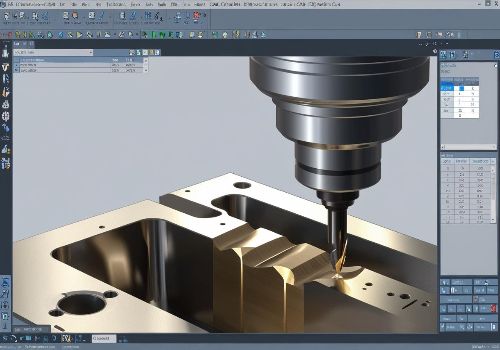
4. Use Coolant Strategically
Managing heat is essential when machining challenging materials. Overheating can cause thermal expansion, poor surface finish, and tool damage.
💧 Coolant Options:
-
Flood coolant for heat-intensive operations (e.g., titanium, Inconel)
-
High-pressure coolant for chip removal
-
Minimum quantity lubrication (MQL) for dry or semi-dry machining
Proper cooling improves dimensional accuracy and enhances the life of both the tool and the machine.
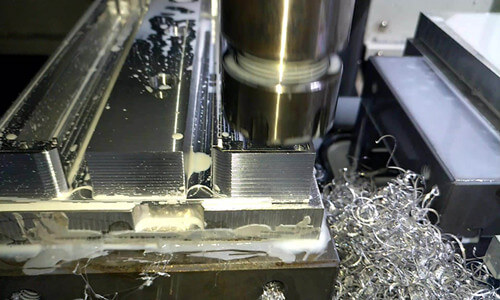
5. Consider Specialized Machine Setups
Some materials require rigid fixturing and precision alignment to avoid vibration and maintain tight tolerances.
🔧 Setup Tips:
-
Use vibration-damping fixtures for composites
-
Ensure spindle rigidity for machining hard metals
-
Avoid material movement during thermal expansion
Advanced CNC machines with high spindle torque and multi-axis capabilities are better suited for machining difficult materials efficiently.
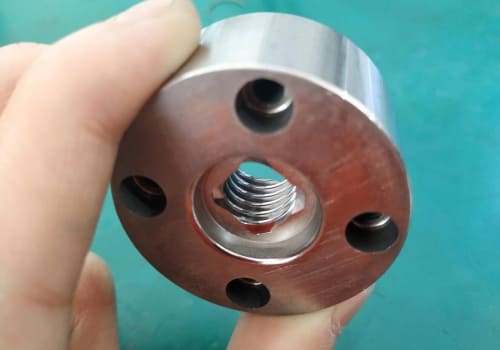
6. Monitor Tool Wear and Part Quality
When working with abrasive or hard materials, real-time tool monitoring becomes crucial. Unexpected tool wear can compromise surface finish and part accuracy.
🧠 Smart Approaches:
-
Use tool wear detection systems
-
Inspect parts using CMM or laser measurement
-
Replace tools proactively before failure
Preventive monitoring ensures consistent part quality and reduces costly downtime.
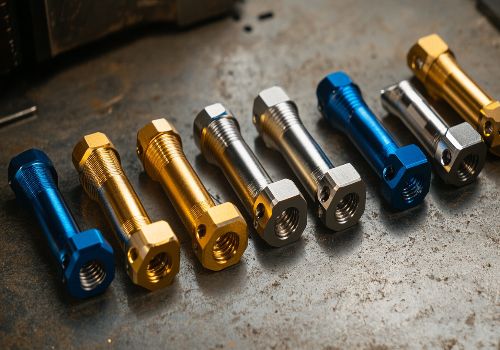
7. Partner with an Experienced CNC Machining Provider
Handling tough materials requires more than just good machines—it demands experience, engineering expertise, and attention to detail. At DO Machining, we have over a decade of experience working with challenging materials, from aerospace-grade aluminum and hardened steel to complex composites and engineering plastics.
We help our clients choose the best machining strategy to balance quality, speed, and cost—without compromising performance.
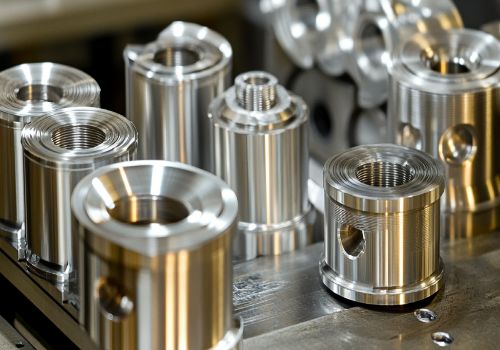
Conclusion
Difficult materials don’t have to mean difficult results. With the right tools, machining parameters, cooling strategies, and an experienced CNC partner, you can produce high-precision parts from even the most demanding materials.
Whether you’re working on aerospace, automotive, medical, or industrial applications, understanding how to handle tough materials gives your business a competitive edge.
👉 Contact us today at https://www.domachining.com to learn how we can help you machine difficult materials efficiently and affordably.

